
MSP: Minimum Support Price, Crops Covered under MSP
Subscribe to Never Miss an Important Update! Assured Discounts on New Products!
Must Join PMF IAS Telegram Channel & PMF IAS History Telegram Channel
Minimum Support Price (MSP)
- Minimum support price (MSP) is a “minimum price” for any crop that the government considers as remunerative for farmers and hence deserving of “support”.
- It is also the price that government agencies pay whenever they procure the particular crop.
- Simply, the MSP is the rate at which the government buys grains from farmers.
- The Commission for Agricultural Costs & Prices (CACP) in the Ministry of Agriculture would recommend MSPs for 23 crops.
- The MSP is fixed by the Central government on the recommendations of the Commission for Agricultural Costs and Prices (CACP).
- After receiving the feedback Cabinet Committee on Economic Affairs (CCEA) of the Union government takes a final decision on the level of MSPs and other recommendations made by the CACP.
- The Food Corporation of India (FCI), the nodal agency, along with other State Agencies undertakes procurement of crops.
- The government is not legally bound to pay these even if open market rates for the said produce are ruling below their announcement floor prices
The Centre currently fixes MSPs for 23 farm commodities
- 7 cereals (paddy, wheat, maize, bajra, jowar, ragi and barley),
- 5 pulses (chana, arhar/tur, urad, moong and masur),
- 7 oilseeds (rapeseed-mustard, groundnut, soyabean, sunflower, sesamum, safflower and nigerseed) and
- 4 commercial crops (cotton, sugarcane, copra and raw jute).
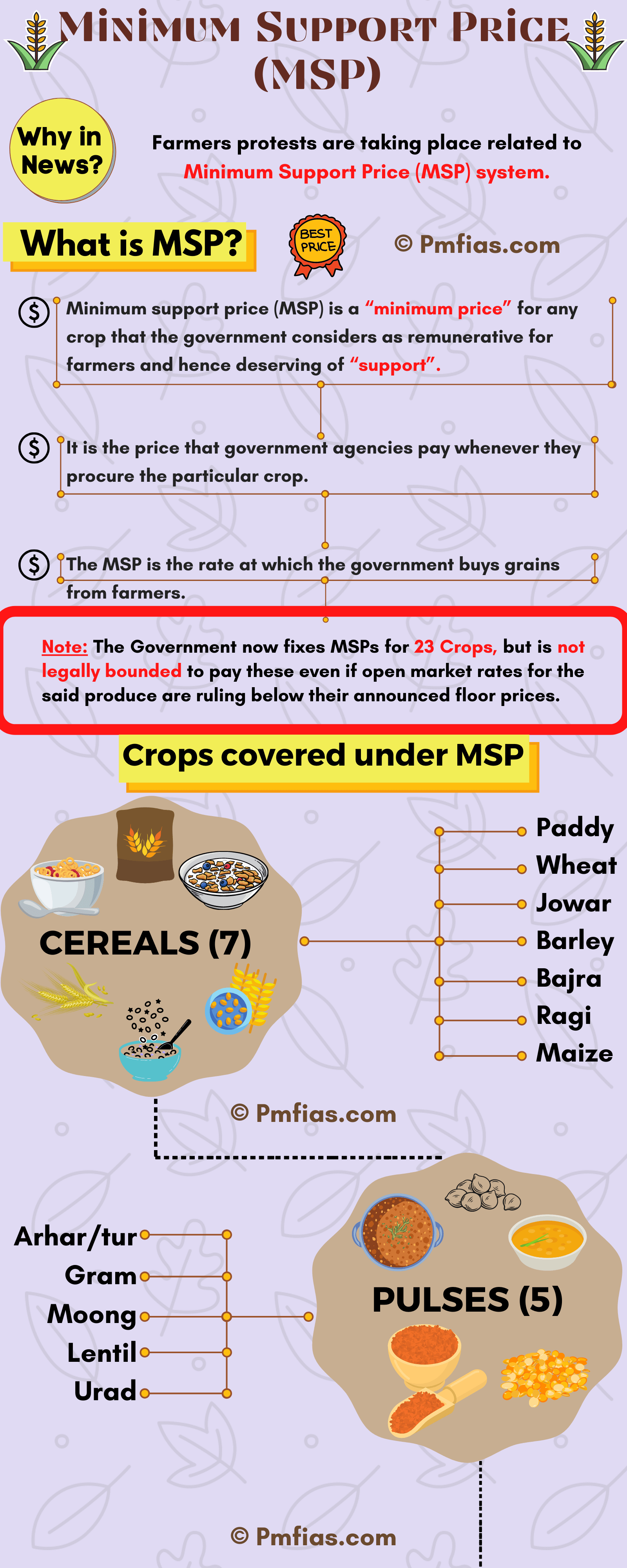
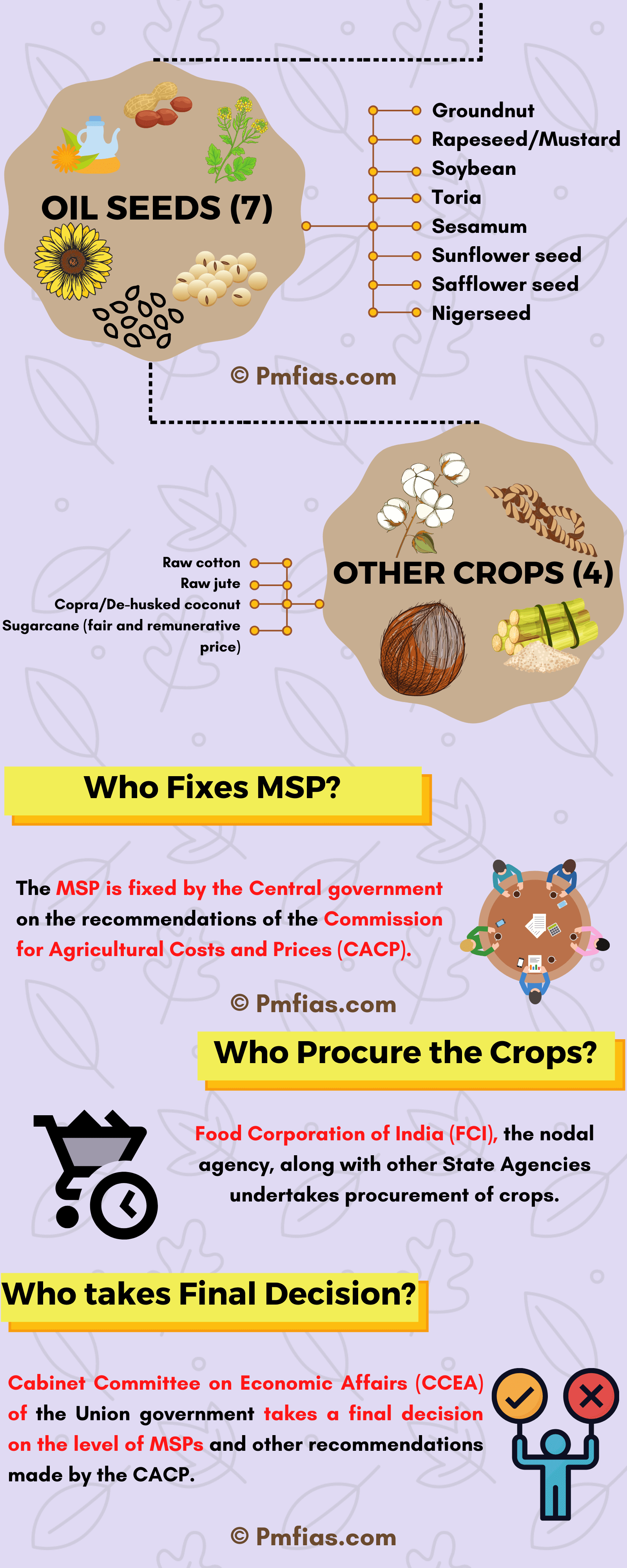
Factors taken into consideration for fixing MSP include
- Supply and demand situation for the commodity
- Market price trends (domestic and global)
- Parity vis-à-vis other crops
- Cost of production (A2 + FL method)
- Implications for consumers (inflation)
- Environment (soil and water use) and
- Terms of trade between agriculture and non-agriculture sectors.
- The MSP assures the farmers of a fixed price for their crops, well above their production costs.
- The Union Budget for 2018-19 had announced that MSP would be kept at levels of one and half times (1.5 Times) of the cost of production.
- Government has increased the MSP for all mandated Kharif, Rabi and other commercial crops with a return of at least 50 per cent of cost of production for the agricultural year 2018-19 and 2019-20.
How was this production cost arrived at?
- The CACP does not do any field-based cost estimates itself.
- It merely makes projections using state-wise, crop-specific production cost estimates provided by the Directorate of Economics & Statistics in the Agriculture Ministry.
- The latter are, however, generally available with a three-year lag (mains point – issues with MSP).
- The CACP further projects three kinds of production cost for every crop, both at state and all-India average levels.
- ‘A2’ covers all paid-out costs directly incurred by the farmer —in cash and kind — on seeds, fertilisers, pesticides, hired labour, leased-in land, fuel, irrigation, etc.
- ‘A2+FL’ includes A2 plus an imputed value of unpaid family labour.
- ‘C2’ is a more comprehensive cost that factors in rentals and interest forgone on owned land and fixed capital assets, on top of A2+FL.
- CACP considers both A2+FL and C2 costs while recommending MSP.
About Commission for Agricultural Costs & Prices (CACP)
- The CACP is an attached office of the Ministry of Agriculture and Farmers Welfare.
- The CACP recommends the MSPs of the notified Kharif and Rabi crops to the Cabinet Committee on Economic Affairs (CCEA).
- It was formed in 1965.
- It is a statutory body.
- It also motivates cultivators and farmers to adopt the latest technology.
- Its suggestions are not binding on the Government.





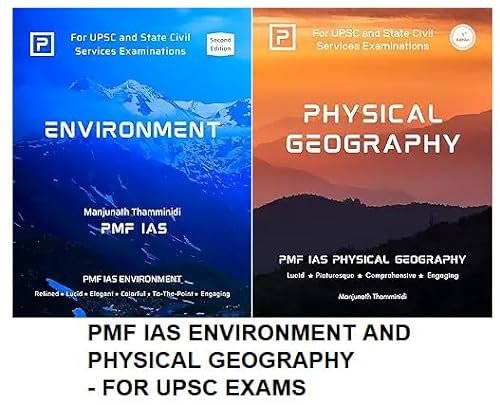

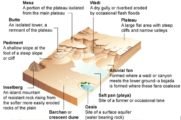

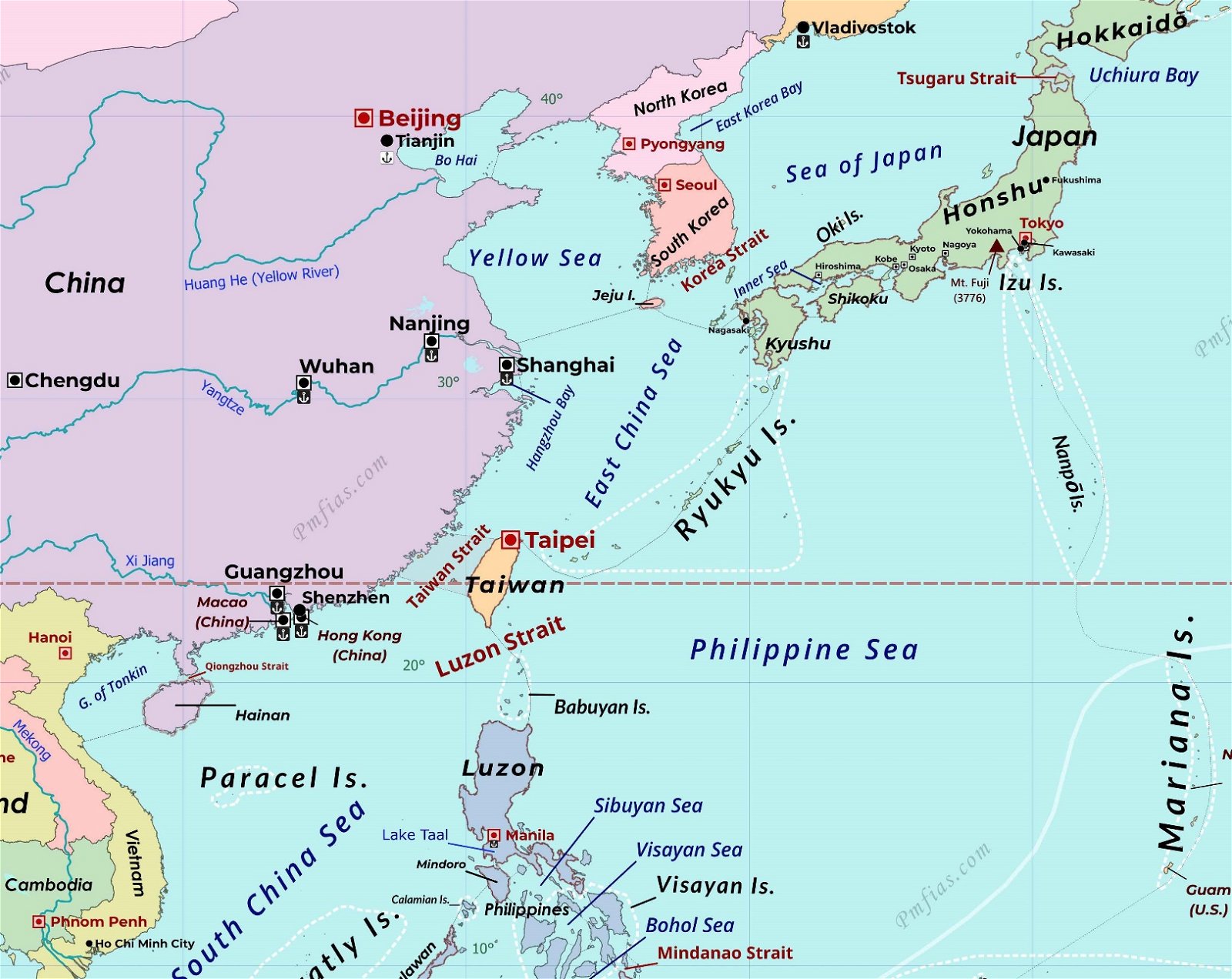
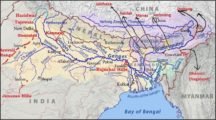

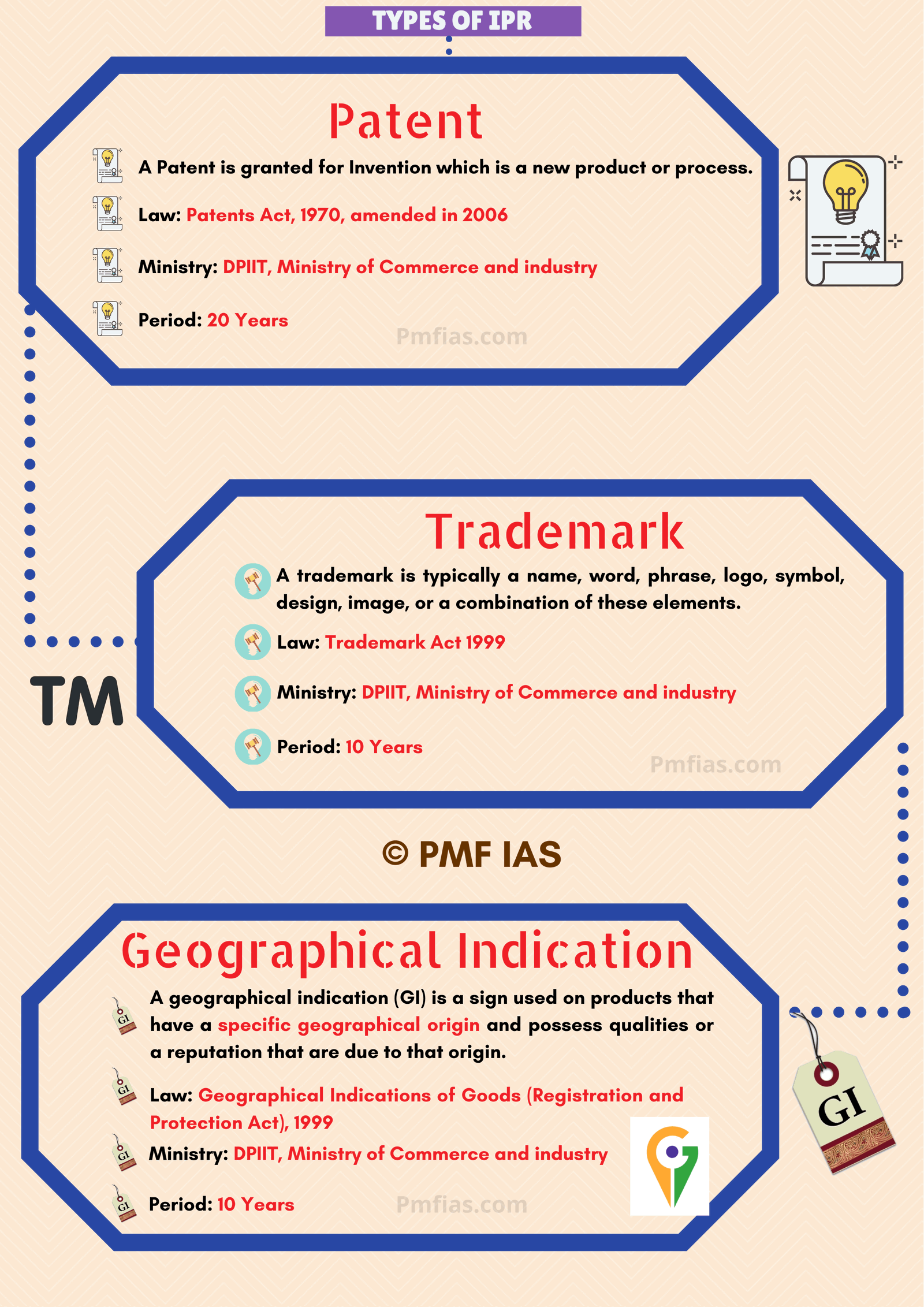




the infographics are very good. thank you ssso much for makingg them informative ass weell as creative.